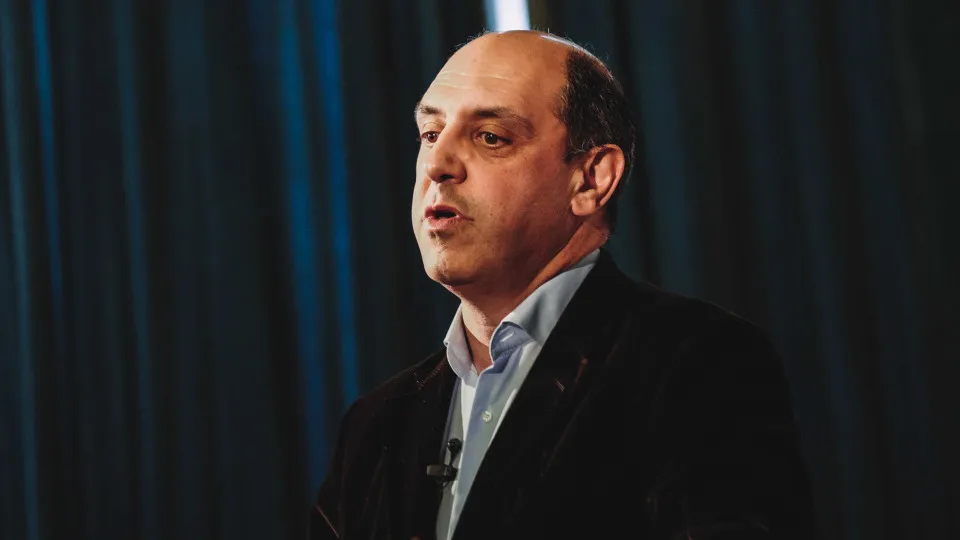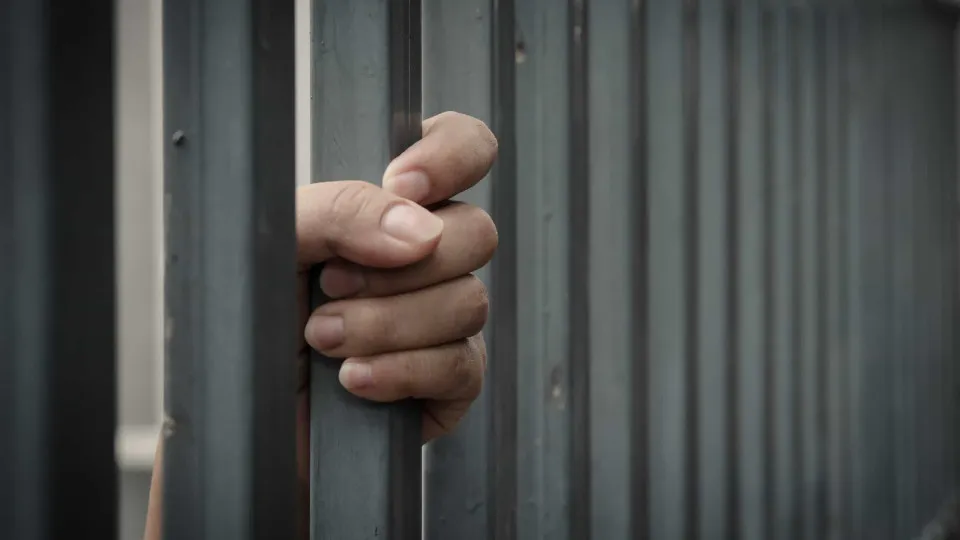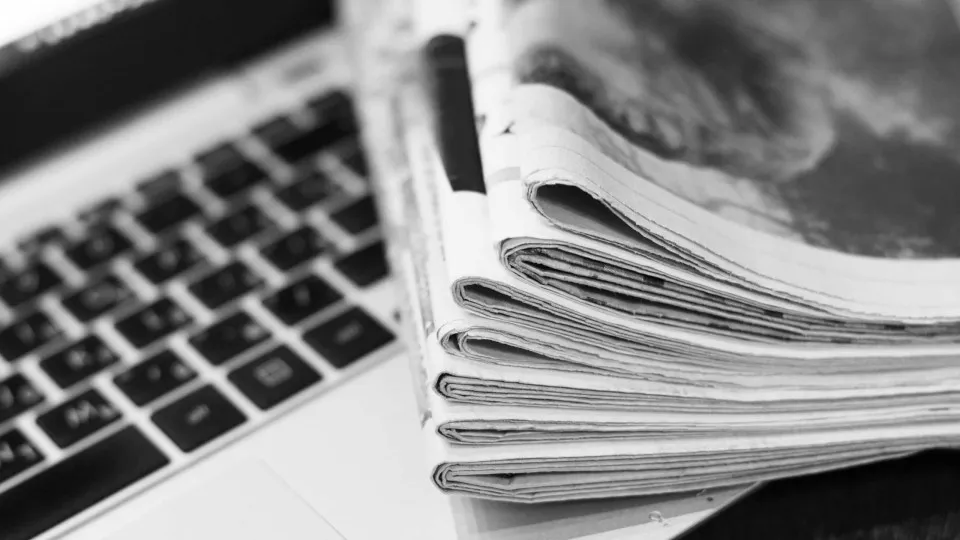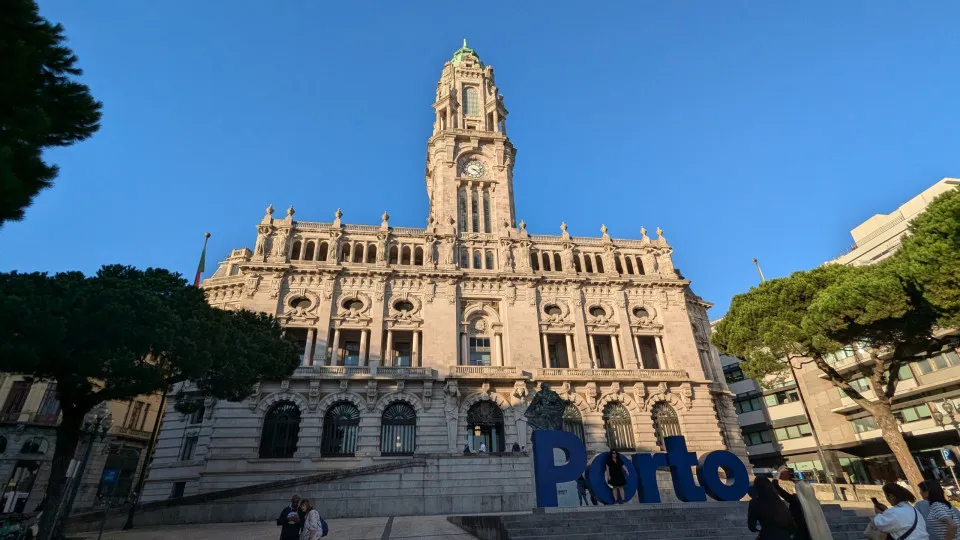
The candidate, reflecting on the past 12 years of municipal governance under the independent leadership of Rui Moreira, initially in partnership with Pizarro, is now proposing “a new phase, a new vision” which entails “less municipal programming effort and more room for independent creators.”
“Programming always involves certain conditioning, a reading, and we want culture to be perceived more creatively and independently, giving space to both culture and counterculture. It should question our vision of the city and the world,” he declared.
During a campaign event at Maus Hábitos, an independent space featuring a gallery, concert hall, performances, bar, and restaurant, Pizarro spoke to journalists alongside Jorge Sobrado, the socialists’ “candidate for culture councilor.”
Sobrado, who led the Porto Museum and Libraries from December 2022 to February 2024, presented the campaign’s cultural vision based on “12 commitments + 1,” aiming for the cultural fabric to become “the programmer of Porto itself.”
“The municipality should act as support, a pillar, not a ‘hyper-programmer.’ It should be an entity that creates and opens spaces for artists, art structures, and the cultural fabric to program and create freely,” he asserted.
Among the concrete proposals are the already announced rehabilitation of the Palácio de São João Novo as the “central hub of the Porto Museum,” the creation of the Manuela de Melo Campus to complement the existing Paulo Cunha e Silva Campus, and a focus on “decentralized” networks of artistic creation and programming centers.
Other proposals include expanding the Biblioteca Errante, rehabilitating the former Town Hall, creating a Porto Word Festival, protecting the musical ecosystem around the Stop shopping center, and establishing the Museum of Industry.
If elected, Pizarro intends to propose that the State transfer the management of the Cadeia da Relação to the municipality while the government adopts a new institutional framework for the Portuguese Photography Center located there.
The agenda also includes expanding “annual and multiannual” funding lines established by the municipality, with a “robust and integrated program” to support independent projects, whether established or emerging, for creation, co-production, mediation, programming, and internationalization, through the Porto Independente program.
Asked if this funding would reduce the dependency of structures on the General Directorate for the Arts’ competitions, Manuel Pizarro rejected “undervaluation of the Porto cultural ecosystem” within that national context, criticizing “quite opaque geographic criteria” that encompass all of the North, while the South is considered as the Lisbon Metropolitan Area.
“By creating annual or multiannual support mechanisms, this will ease the creators’ circumstances and improve their conditions when competing [for DGArtes],” noted the former Minister of Health.
Contesting the Porto City Hall are Manuel Pizarro (PS), Diana Ferreira (CDU – PCP/PEV coalition), Nuno Cardoso (Porto Primeiro – NC/PPM coalition), Pedro Duarte (PSD/CDS-PP/IL coalition), Sérgio Aires (BE), current vice-president Filipe Araújo (Fazer à Porto – independent), Guilherme Alexandre Jorge (Volt), Hélder Sousa (Livre), Miguel Corte-Real (Chega), Frederico Duarte Carvalho (ADN), Maria Amélia Costa (PTP), and Luís Tinoco Azevedo (PLS).
The current executive consists of a majority of six elected from Rui Moreira’s movement and one independent councilor, with the remaining members being two elected from the PS, two from the PSD, one from the CDU, and one from the BE.
The municipal elections are scheduled for October 12.




